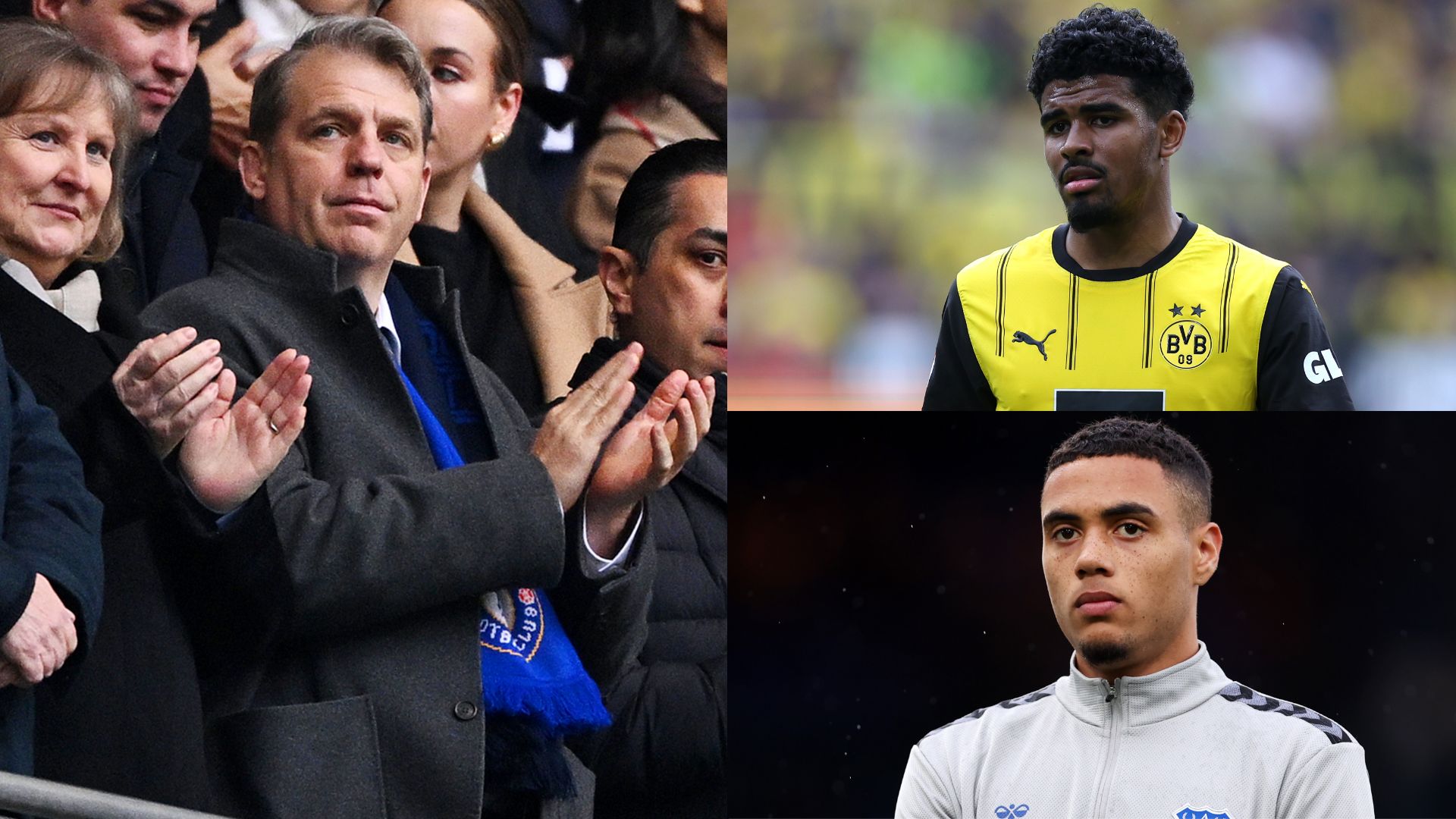After a painfully slow January window, the summer is shaping up to be busy on the transfer front. We've already had Kylian Mbappe's blockbuster Real Madrid move confirmed and even with two international tournaments on, several Premier League clubs have already entered the fray.
It's hardly household names being exchanged, though. On a strangely busy few days last week, Aston Villa, Everton and Chelsea were involved in a string of inter-club dealings that have caused quite a stir.
It started with Tim Iroegbunam, a 20-year-old midfielder with just a handful of senior Villa appearances under his belt, being snapped up by the Toffees for a reported fee of around £9 million ($11m). The following day, young Everton striker Lewis Dobbin went in the opposite direction for almost exactly the same price.
Villa then agreed to sell teenager Omari Kellyman to Chelsea for £19m ($24m) - a pretty remarkable amount for a player with just 148 minutes of first-team football under his belt. Soon after, it was reported that Ian Maatsen would be doing the reverse, albeit for around £37.5m ($47m) instead.
We might have seen another inter-club deal, too. Last week Everton were touted to sign Yankuba Minteh from Newcastle - with the Magpies subsequently being linked with Toffees striker Dominic Calvert-Lewin. However, talks eventually broke down.
Each of these deals were technically separate transactions, but the timing of the transfers has raised eyebrows. Some rival supporters have even accused the clubs involved of trying to game the Premier League Profit and Sustainability Rules (PSR), with the phrase 'player laundering' gathering traction on social media.
Are these accusations accurate or wide of the mark? GOAL explains the complicated situation below...
.png?auto=webp&format=pjpg&width=3840&quality=60)